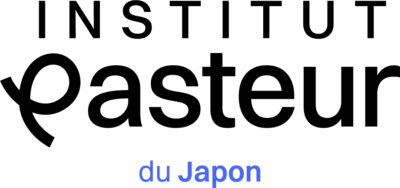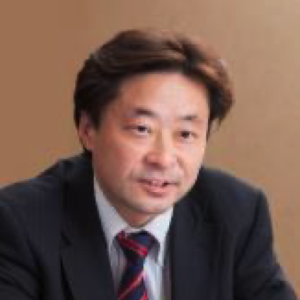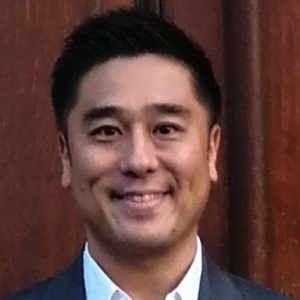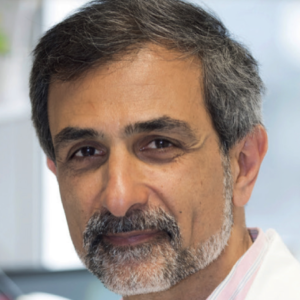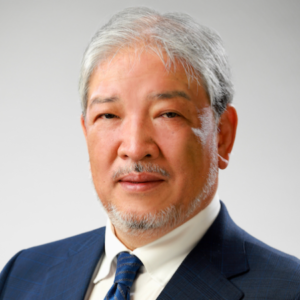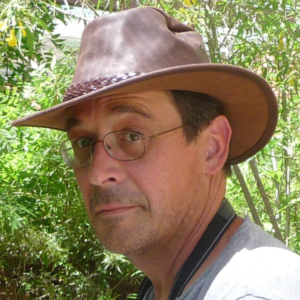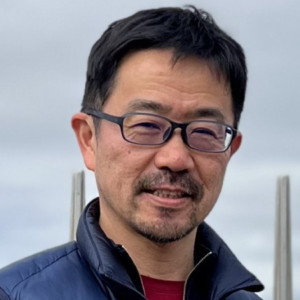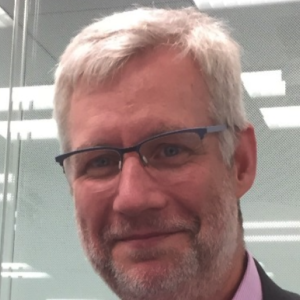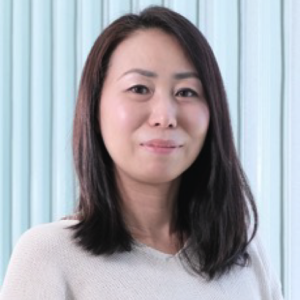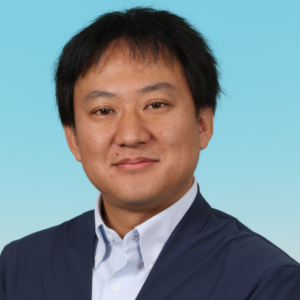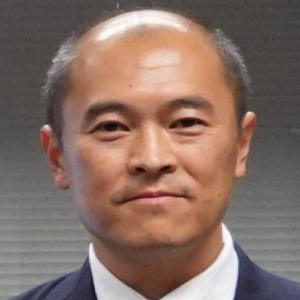“Wakate Colosseum For Bacteriology” Reports
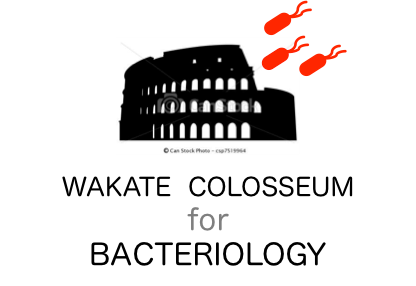
5th-year medical student Matsuura Rikihiko
This was my first-ever participation in a young researchers’ colosseum. We presented our fieldwork in Vietnam through poster displays and also attended the poster and oral presentations of other participants.
Regarding the poster presentations, I realized the importance of conveying the content during the poster creation phase and making thoughtful choices about the structure and design. When we actually displayed and presented our posters, we received questions from several interested people and I realized from this that the work we did had implicit connections to basic research. In addition, being questioned from different perspectives exposed us to new challenges and ways of thinking.
In the presentations of other participants, I encountered many things I didn’t know, and it sparked my interest in various research topics. Research on medications and innovative treatment methods allowed me to connect what I had learned previously and introduce me to new treatment methods that might be introduced in the future. Studies on bacterial ecology and structure, although containing some content that was unfamiliar to me, provided a wealth of new knowledge, and the visual imagery was stimulating and intriguing. Most importantly, I could feel a strong sense of enthusiasm for research and the field of microbiology through the active engagement of many participants during presentations and Q&A sessions, making this conference a positive and engaging academic event.
Additionally, there were opportunities for opinion exchange and socializing during the conference, where we had candid conversations not only about research topics but also about the state of various universities and research labs, as well as topics of personal interest; this allowed us to strengthen our connections with each other. Overall, the event left a strong impression on me and I thought it was very enjoyable.
4th-year medical student Hirota Ayumi
By participating in this event, I had the opportunity to witness how basic research on diseases, something I typically learn about in my medical school lectures, is conducted. In the study of pneumococci, the immune response mechanisms were compared, particularly the expression of cytokines in older and younger mice. As someone who had memorized that older individuals are more severely affected by pneumonia, I found the analysis of various research results to be all the more fascinating.
Also during this event, we presented a poster on the issue of drug-resistant bacteria in Vietnam. The proliferation of drug-resistant bacteria was attributed to the misuse and overuse of antibiotics in the medical and livestock sectors. The problem of antibiotic resistance in the livestock sector also occurs in Japan, and I had the opportunity to listen to presentations by those who are researching this issue which further deepened my understanding. From the perspective of farm managers, reducing antibiotic usage is not a straightforward task because they are determined to prevent the spread of diseases. Additionally, reducing antibiotic use cannot be done recklessly, as maintaining a trusted relationship between researchers and agricultural organizations that work with farm managers is crucial. There was also a discussion about the possibility of conducting research in a clinical setting, especially in cases where obtaining patient samples for research is challenging. From this, I was able to grasp the importance of bridging the gap between basic research and clinical practice and the real-world application of research.
Moreover, during the social gathering, there was an opportunity to have informal conversations while enjoying food and drinks. Some individuals discussed their uncertainty about how long they could maintain their enthusiasm for research. However, it was a common sentiment that the joy of discovering the unknown is a significant source of motivation for continuing as a researcher, and I found it admirable how strongly they conveyed the excitement of research.
3rd-year medical student Matsusue Mana
Although it was not research but rather fieldwork, I had the opportunity to participate in a conference for the first time. During the poster presentation, I was able to pique the interest of several professors and students while explaining the background of drug-resistant bacteria. Many of the researchers studying drug-resistant bacteria were not very familiar with the background, so I was glad I was able to inform them of the current situation and various causes of drug-resistant bacteria. Creating a poster was a first-time experience for me, and I received guidance from my professors on how to structure and create an easily understandable poster; going through this process will be extremely helpful for future conference participation.
In terms of the research content, I encountered various studies on microbiology from an engineering and science perspective, which I don’t typically encounter in my medical studies. Conversely, there were also research topics directly related to healthcare, such as pneumococci and drug-resistant bacteria, which broadened my knowledge. I had the privilege of being taught by professors and other participants in a kind and thorough manner, resulting in a truly valuable experience.
As I don’t usually have exposure to the world of research and conferences, this event provided me with the opportunity to learn about what is currently happening in basic research from various perspectives. Personally, I aspire to become a professional who can participate in research and conferences in the future, and attending this event allowed me to witness the dedication of experts in their respective fields, motivating me to become a physician who pursues knowledge enthusiastically.
I would like to express my sincere gratitude for all the support I received.
